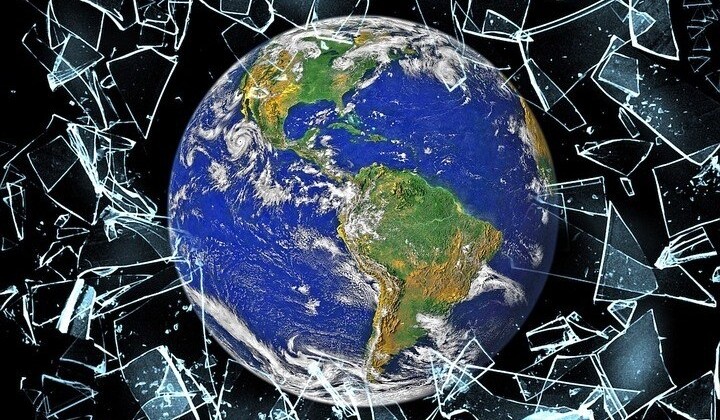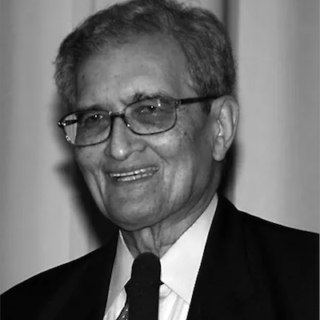Reverend Dr. Martin Luther King, Jr., wrote in his Letter from Birmingham Jail: “Injustice anywhere is a threat to justice everywhere.” That was in April 1963, more than a half-century ago. He had been jailed for his agitation to end injustice against non-white people in his own country, and he would be killed soon after by an assassin who hated him and his vision.
King’s active political work was largely confined to the United States and was mainly concerned with injustices from which African-Americans particularly suffer. But his ethical and political reflections were not confined only to issues of local injustice. As a visionary leader, King looked at the huge injustices across the globe, and he discussed why people everywhere had reason to want to help others suffering from injustice, deprivation, and discrimination—no matter where they lived in the world.
The connection between local justice in one’s own country and global justice in the world is important to understand for an adequate appreciation of the intellectual discipline of thinking about justice. Even though actual agitations for justice may be conducted locally, the ethical basis of the demands for justice must have some universal relevance. Underlying King’s social thinking is a global understanding that, I would argue, is central to the conception of justice. We cannot have an adequate conceptual grip on fighting injustice if we confine our attention only to what we see locally, ignoring what happens in the rest of the world.
And yet the dominant theories of justice in contemporary political philosophy typically have a narrowly national character, and they have tended to be defined only for a collectivity of people ruled by a sovereign state, with a state-based institutional structure. This applies even to the most influential—and in many ways the most powerful—theory of justice in modern political thought, John Rawls’s theory of “justice as fairness.”[1] There is certainly a great deal to learn from these theories. Rawls’s work in particular has radically enhanced the subject of political philosophy of justice. We do not have to be dismissive of the importance of these theories (indeed far from it) even if we were to argue, as I presently will, that they are at least partly—but rather seriously—mistaken.
Full essay available to subscribers only. Click here for access.
Author's Note: This essay is based on a talk given at the University of Utah on April 22, 2016, at an event sponsored by the Daniels Fund Ethics Initiative at the Eccles School of Business. I have greatly benefited from discussions with Akeel Bilgrami, Deen Chatterjee, Erin Kelly, Lionel McPherson, Thomas Nagel, Hilary Putnam, and John Rawls.
[1] John Rawls, A Theory of Justice (Cambridge, Mass.: Harvard University Press, 1971); also his Political Liberalism (New York: Columbia University Press, 1993).
More in this issue

Fall 2017 (31.3) • Essay
After Liberal Hegemony: The Advent of a Multiplex World Order
In this essay, Amitav Acharya argues that as the U.S.-dominated world order comes to an end, liberal values and institutions will not disappear, ...
Fall 2017 (31.3) • Review
When Norms Collide: Local Responses to Activism against Female Genital Mutilation and Early Marriage by Karisa Cloward
In this book, Karissa Cloward employs a mixed-methods study to examine the ways that local communities react to transnational activism and international norm promotion. In ...
Fall 2017 (31.3) • Feature
“Utopian in the Right Sense”: The Responsibility to Protect and the Logical Necessity of Reform
In this article, Aidan Hehir writes that claims made about the success of the Responsibility to Protect (RtoP) echo the pejorative conceptions of “utopianism” as ...
